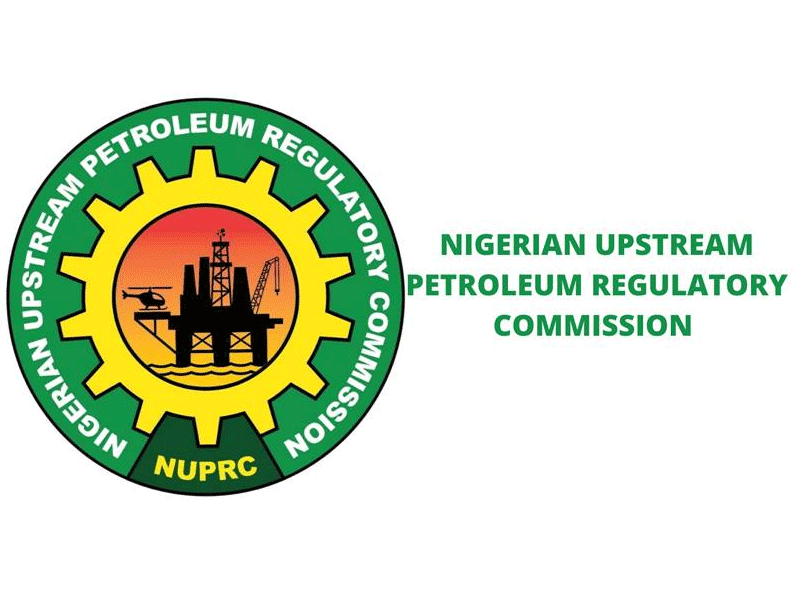
ABUJA – Approximately 40% of the volumes credited to crude losses in the Nigerian petroleum industry are actually attributable to measurement inaccuracies and not theft as often reported, Engr Gbenga Komolafe, the Chief Executive of the Nigerian Upstream Regulatory Commission (NUPRC), has said.
Engr Komolafe stated this in Lagos at the Petroleum Club Quarterly Dinner, said the revelation followed a forensic audit conducted by the Commission covering the period January 2020 to November 2022 on crude theft numbers.
In a statement personally signed by the NUPRC boss, the audit was to ascertain with accuracy the stolen volume of crude oil within the reference period.
Delivering a speech on “Nigerian upstream petroleum sector: value optimization, energy transition and regulatory perspectives”, Engr. Komolafe said the Commission is committed to dealing with the issue of metering errors by ensuring that Original Equipment Manufacturers (OEMs) licensed directly as agents of the Commission will be responsible for deployment and maintenance of metering facilities across the Nigeria’s oil and gas facilities, for transparency in hydrocarbon accounting.
The reform measure adopted by the Commission offers a paradigm shift from the trajectory in Nigeria’s hydrocarbon measurement since oil was discovered in Nigeria in Oloibiri in 1956; and is aimed at ensuring that no one becomes a judge in his own case.
“Admittedly, one major area of value erosion in the industry is the menace of crude oil theft.
“Our records indicate that the menace of oil theft has negatively impacted the oil and gas sector for about two decades with attendant huge financial losses to our nation. The Commission, in collaboration with the various arms of the Security forces, the NNPC Limited and the host communities, have been able to suppress the ugly trend of hydrocarbon value decimation. Now, our nation has continued to record good dividends of these collaborative efforts as production figures are progressively increasing.
“Currently, Nigeria is flaring about 10% of gas produced, a feature the Commission is also determined to eliminate through the on-going Gas Flare Commercialization Programme (GFCP). Nigeria produces about 8BSCF/D of gas, out of which approximately 20% is delivered to the domestic market, approximately 40% is exported to international markets, 30% is utilised for producer’s internal consumption and the excess gas is flared.
“In alignment with our objectives, as outline in Section 6 of the Petroleum Industry Act, the Commission is diligently pursuing the basic regulatory goals which include: increasing Nigeria’s oil and gas reserves and production, developing a transparent approach to hydrocarbon accounting, and attaining operational efficiency and effectiveness in industry operations.
“In addition, the Commission is committed to facilitating peace and harmony in the host communities to guarantee conducive operating environment for investors, positively impacting on operating cost and attracting more investment opportunities. Komolafe outlined the measures undertaken by the Commission.
“Excerpts: Strategic Actions for Hydrocarbon Value Optimization. In keeping with industry laws and regulations, the Commission has issued a licensing round guideline and published a licensing round plan for a total of seven open blocks (300-DO, 301-DO, 302-DO, 303-DO, 304-DO, 305-DO & 306-DO). We are currently evaluating the Expression of Interest (EOI) received from prospective investors. The exercise is indeed expected to be a huge success for Nigeria and a big step towards growing the nation’s oil and gas reserves. This will be done through aggressive exploration and development efforts.
“Also, as part of our strategy for value optimization and increased production from our national oil and gas reserves, the Commission has focused on regulatory initiative aimed at reviving declining wells through enhanced oil recovery approach. We are working with operators to identify candidate wells and appropriate interventions that would lead to increased production.
In addition, the Commission is focusing on shut-in wells which can be revived.
“In pursuance of this, The Commission inaugurated a committee on June 23, 2022, to conduct industry-wide study on reactivation of Shut-in strings. The committee has submitted its report, and includes recommendations categorised into Quick Wins, Medium and Long-Term initiatives that will enhance national oil and gas production volumes.
Findings from the report revealed that over 900,000 barrels of oil per day can be earned from the quick win interventions while the medium and long-term initiatives could potentially add 1.2 million barrels of oil per day if properly and fully implemented”.
source:https://independent.ng/
